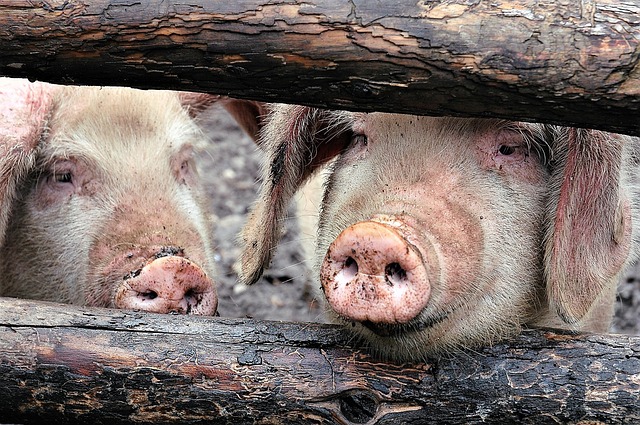The Ministry of Health of Córdoba have reported 12 cases of trichinosis in two towns of the province, prompting a warning about the risks of consuming or buying pork of doubtful origin or without the corresponding sanitary inspection.

In the town of El Tío, 11 cases were reported, whose source of infection identified is the consumption of home-made pork products.
The remaining case is domiciled in Santa Ana, unrelated to the previous cases and for which the source of infection is still under investigation.
Trichinosis is a parasitic disease caused most commonly by the roundworm Trichinella spiralis. If someone ingests undercooked or raw meat with the encysted larvae, the stomach acid releases the larvae which mature to adults in the intestine.
After about a week the female starts releasing larvae which enter the bloodstream and find their way to skeletal muscle where they encapsulate.
There can be gastrointestinal symptoms mimicking acute food poisoning when there is activity of the adults in the intestine.
Sudden appearance of fever, muscle soreness and pain with swelling of parts of the face is early classic signs. This can sometimes be followed by retinal hemorrhages and other ocular signs.
With heavy infections cardiac, respiratory and neurological problems may ensue with death by heart failure being most common. The more larvae you ingest, the more serious the disease.
What preventive measures are available?
• Cook all fresh pork, pork products and meat from wild animals to where all the meats reaches 160° F. The meat should turn from pink to gray.
• Freezing pork at -13° F for at least 10 days will kill the cysts. The exception to this rule is strains of Trichinella found in walrus and bear meat which are cold-resistant and must be cooked as noted above.
• Smoking, salting or drying meat is not effective.
- Michigan: Suspect Eastern Equine Encephalitis case reported in Barry County
- India COVID-19 outbreak tops 5 million cases
- Cholera: 1st local case reported in Taiwan
- Myanmar: WHO says trachoma eliminated
- Thailand dengue fever update: 55K cases reported to date
- Philippines COVID-19 cases top 269K, Props to RITM
- COVID-19: Patients with sleep apnea could be at additional risk
- Immunosuppressive drugs for psoriasis and RA do not increase risk for COVID-19: Henry Ford study


One thought on “Argentina: 12 trichinosis cases reported in Córdoba”